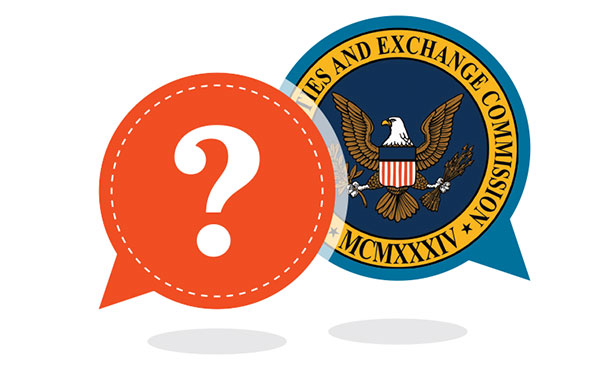

NOT FOR REPRINT
SEC Asks About Changing Accredited Investor Rule; Comments Pour In
By
Ginger Szala
News October 01, 2019 at 04:58 PM
Share & Print

NOT FOR REPRINT
© 2025 ALM Global, LLC, All Rights Reserved. Request academic re-use from www.copyright.com. All other uses, submit a request to [email protected]. For more information visit Asset & Logo Licensing.







